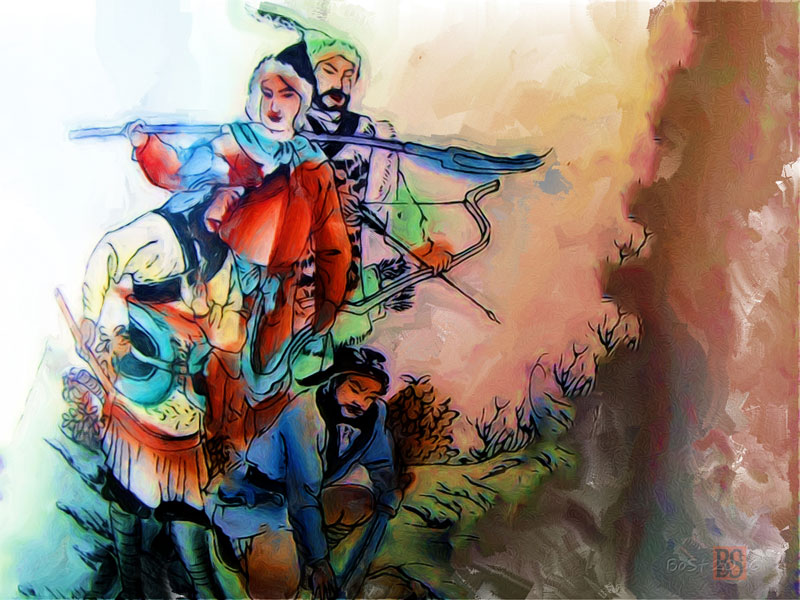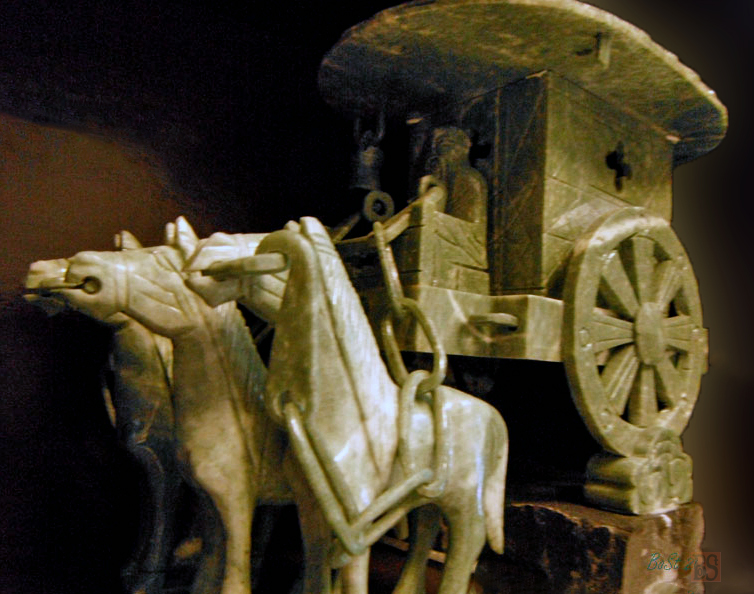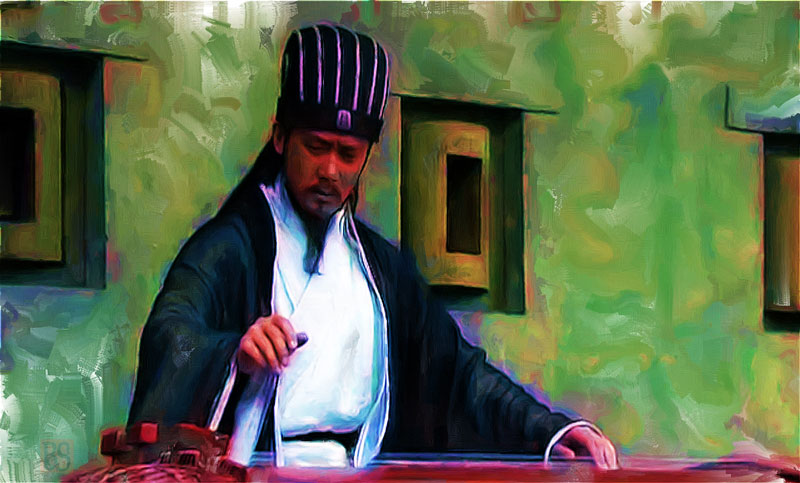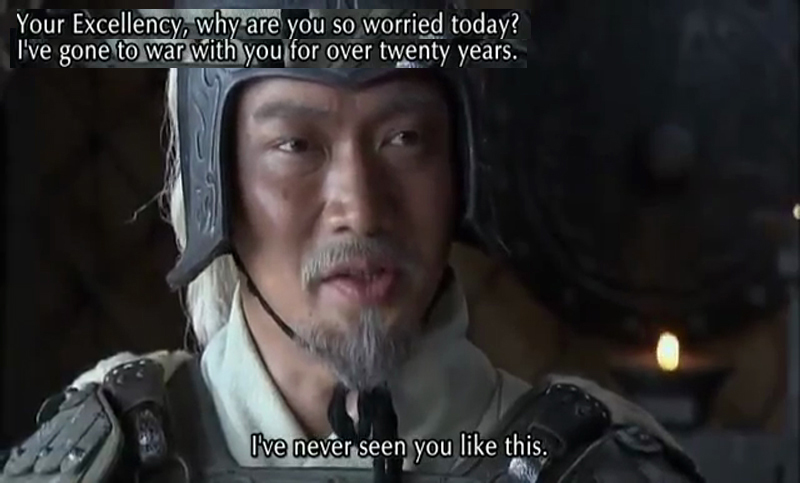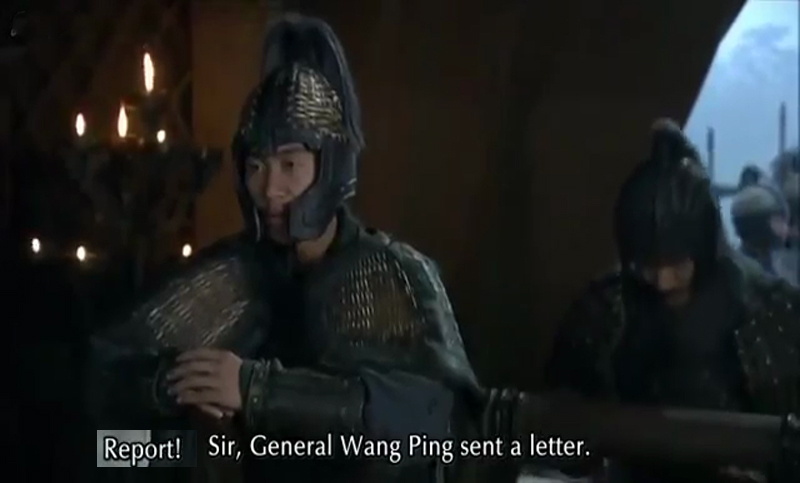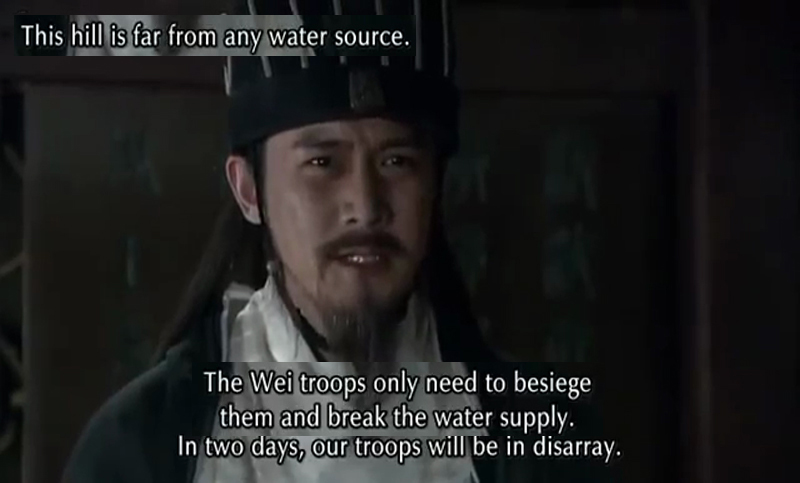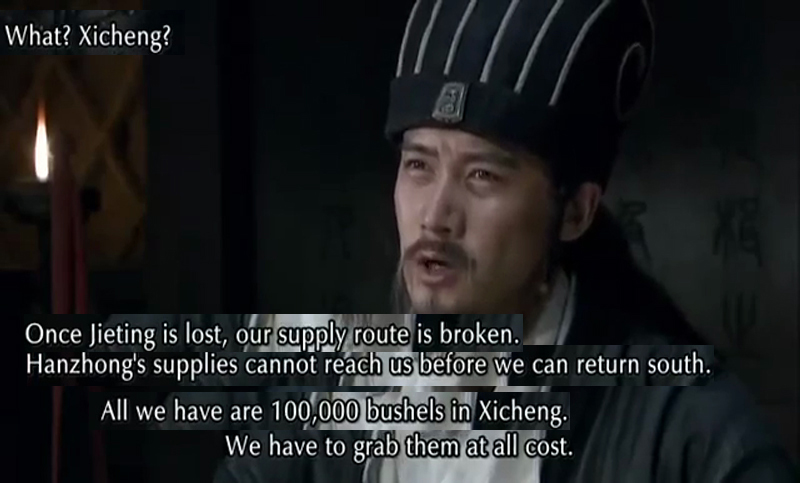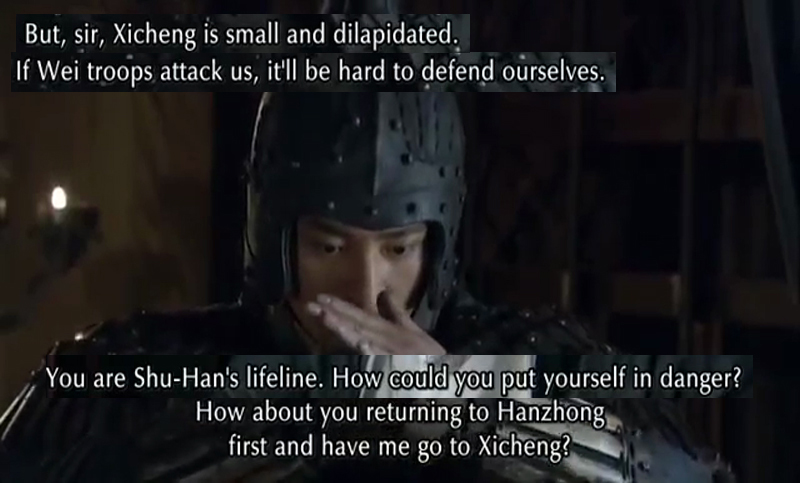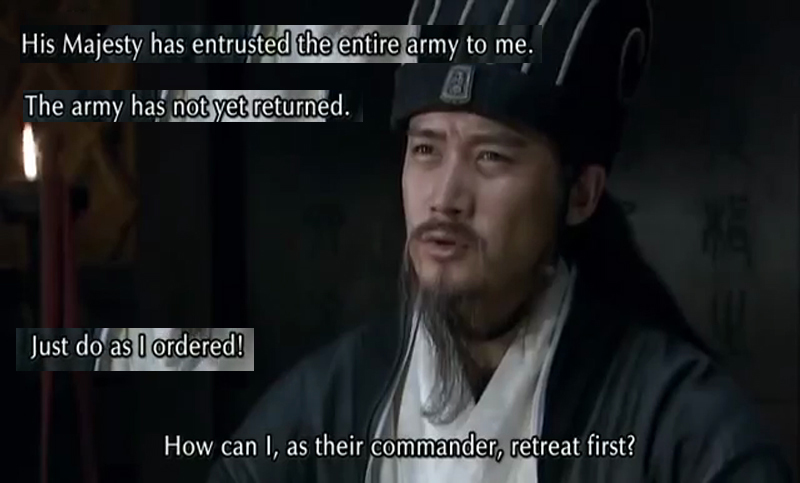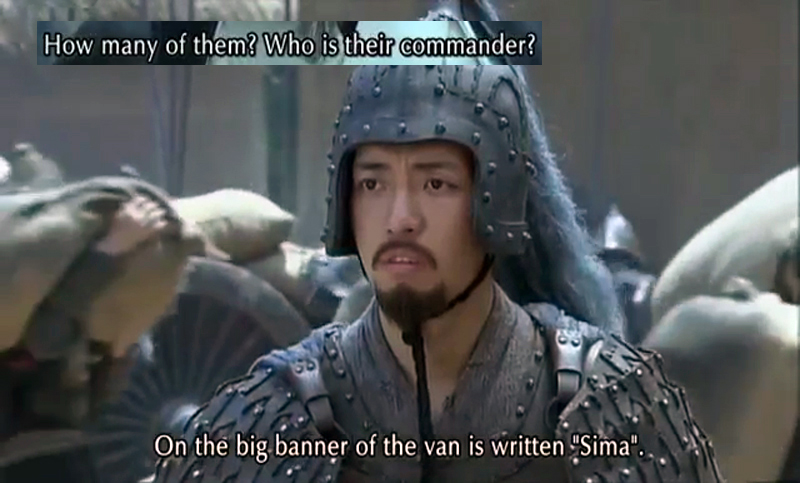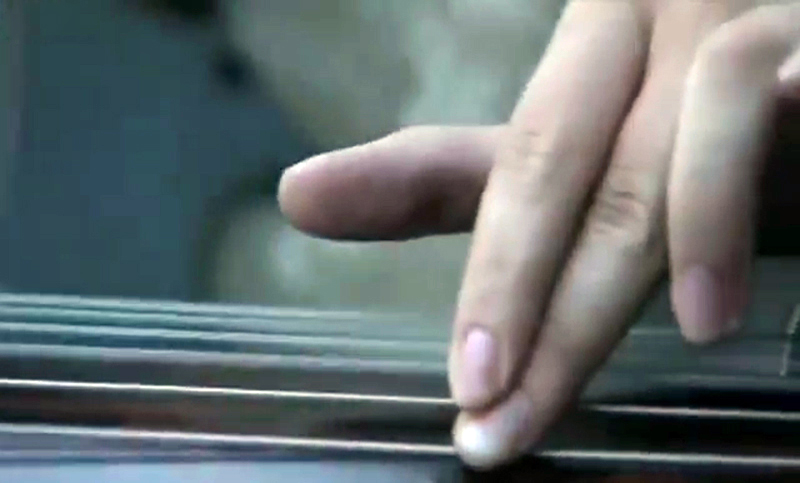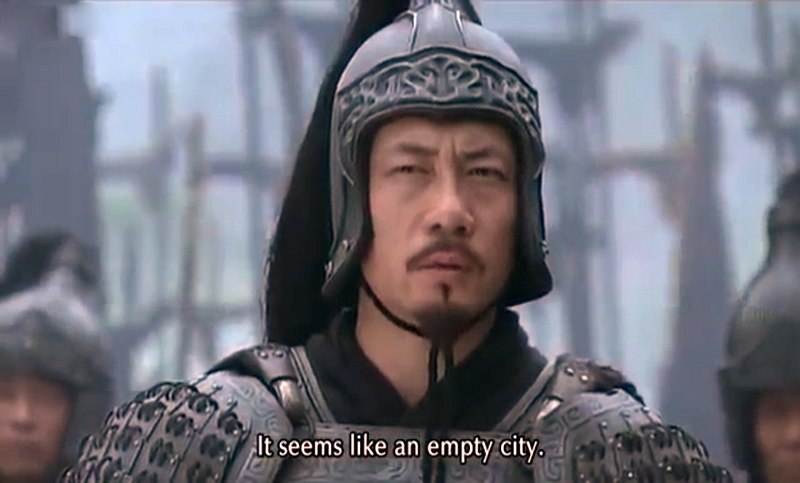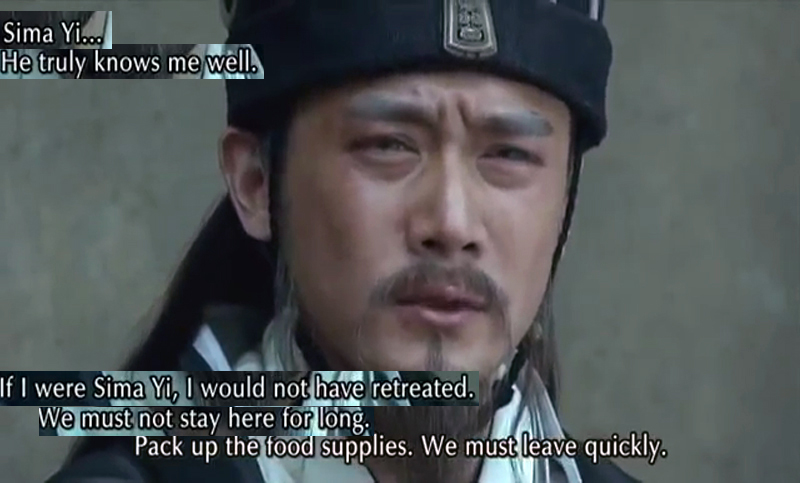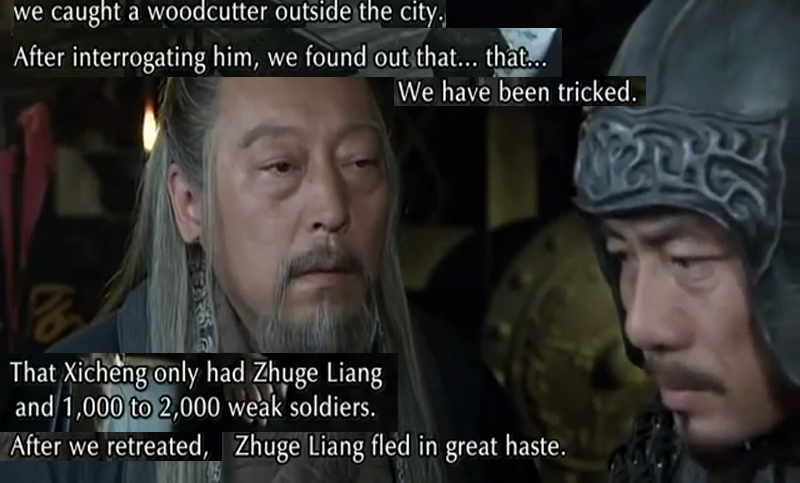Three Lies make a Tiger
Peng Long was going to go with the heir-apparent of the State of Wei to Haian, the capital of the State of Zhao, as a hostage.
(This was practice at the time between states to dissipate mutual suspicion after making an alliance. Pang Gong was a subject of the State of Wei, during the dynastic rule of Zhou)
Before leaving he said to the Prince of Wei “Suppose a man comes to report that he has seen a tiger in the open market, will your Highness believe it?”
“No,” The prince answered.
“Suppose a second man comes to say so, will your Highness believe it?”
“I’ll begin to wonder.”
“Suppose a third man comes with the same report, will your Highness take it as true?”
“I believe I will”
“Well, it is now as clear as daylight that no tiger here would go to the open market, but since three men have said the same thing, the presence of a tiger there becomes established. Now, Handan is much further from our capital Daliang then the market is from the court, and those who talk behind my back will be more than just three. When I’m gone I hope that Your Highness will not fail to judge what you will hear from them, and judge carefully.”
“I know how to judge.” Prince huffed, clearly displeased.
Then Peng Long asked to be excused and bade farewell to the prince. After he had left slanderous words against him made their way to the prince’s ear.
When the agreed upon period for the hostage exchange was over, the heir-apparent returned home. Just as expected, Peng Long was summoned to an audience with the Prince who, as anticipated, no longer trusted him.
Zhanguo Ce (Warring states Records)
When the agreed upon period for the hostage exchange was over, the heir-apparent returned home. Just as expected, Peng Long was summoned to an audience with the Prince who, as anticipated, no longer trusted him.
Zhanguo Ce (Warring states Records)


